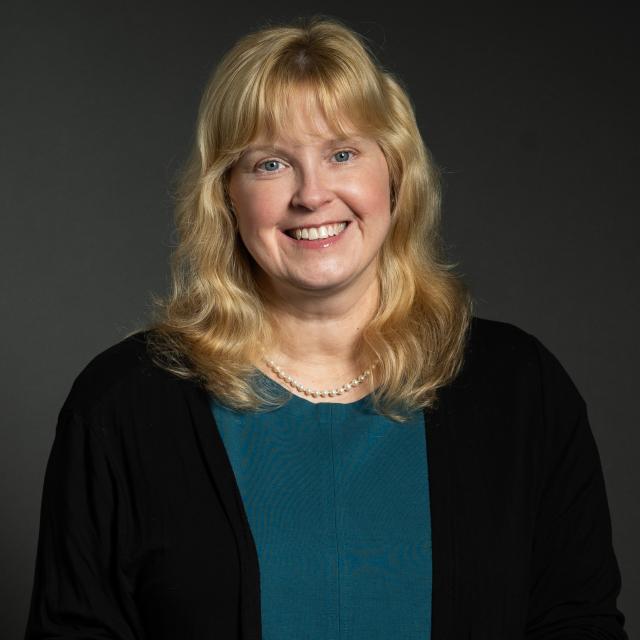Meredith Cummings has studied media law and censorship as it relates to scholastic journalism, particularly censorship on a high school level. Her master’s thesis, Censorship and Scholastic Journalism, examined the censorship actions and intent of administrators, media advisors and students. She followed up on high school students featured in the book Death By Cheeseburger to see how their experiences in high school with censorship affected them as adults.


Meredith Cummings
Teaching Assistant Professor
M.A., Journalism, The University of Alabama, 1996, concentration in media law
B.A., English, The University of Alabama, 1994
Explore this Profile×
Research Areas
Additional Interests
- Data journalism
- Scholastic journalism
- Opinion writing
Research Statement
Biography
Teaching Assistant Professor Meredith Cummings is an award-winning freelance multimedia reporter and editor. She is Vice President of the National Society of News Columnists and serves on the Education Committee for the Society of Professional Journalists. Her work, which spans print, online, TV, radio and podcasting – received awards from the National Society of News Columnists and National Federation of Press Women in 2023. She completed a 10,000-mile journey across the country to chronicle journalism in America.
She writes articles, book reviews, essays, and columns that have appeared in various outlets as well as her Medium publication. She is a member of multiple professional organizations, including Investigative Reporters and Editors and holds the Master Journalism Educator distinction from the Journalism Education Association. She directed the National Elementary Schools Press Association for a decade.
Cummings is a Blackboard Worldwide Exemplary Course award winner, which recognizes course creators whose courses demonstrate best practices in four major areas: Course Design, Interaction and Collaboration, Assessment and Learner Support.
Cummings has also served as public relations manager and marketing director, content strategist, director of communications and creative services coordinator for multiple organizations and companies throughout her career.
Teaching
Data journalism (JOUR 025): Introduce and examine data journalism through theoretical discussion, case studies and hands-on practice.
Writing for the Media (JOUR 021): Practice gathering, writing and editing news; definition and components of news; structure and style; interviewing. Study and practice in use of social media, writing for TV, radio and blogs by journalists as a way to gather and publish information.
Visual Communications (JOUR 024): Study of and practice in techniques of multimedia storytelling including photography, data visualization, print layout, and video shooting and editing skills. This course combines principles of visual communication with hands-on work to improve visual literacy and multimedia skills and develop a professional portfolio.
Media Ethics and Law (JOUR 122): First Amendment theory and history; ethical and legal issues involving libel, privacy, obscenity, newsgathering, access, and fair trials; national and international concerns over censorship, prior restraint and manipulation and control of information. Includes the legal environment that affects mass communication professionals, including journalists, public relations practitioners, and advertising professionals
Senior Seminar: Covering Vulnerable Populations (JOUR 385):Examine challenges in covering victims of violence and natural disasters, people dealing with insecurity, members of marginalized groups, and others in precarious positions. Analyze various approaches to the ethical representation of others and look at innovative approaches.
Editing (JOUR23): Students strengthen news judgment, critical thinking and writing through careful editing for accuracy, fairness and clarity, including use of AI, proper spelling, grammar, usage and style. Practice in multimedia presentation of content.
Journalism Practicum (JOUR 232): An internship for department majors is a practical experience course in journalism, science writing or public relations. It is a capstone course that provides work experience and employment contacts.
